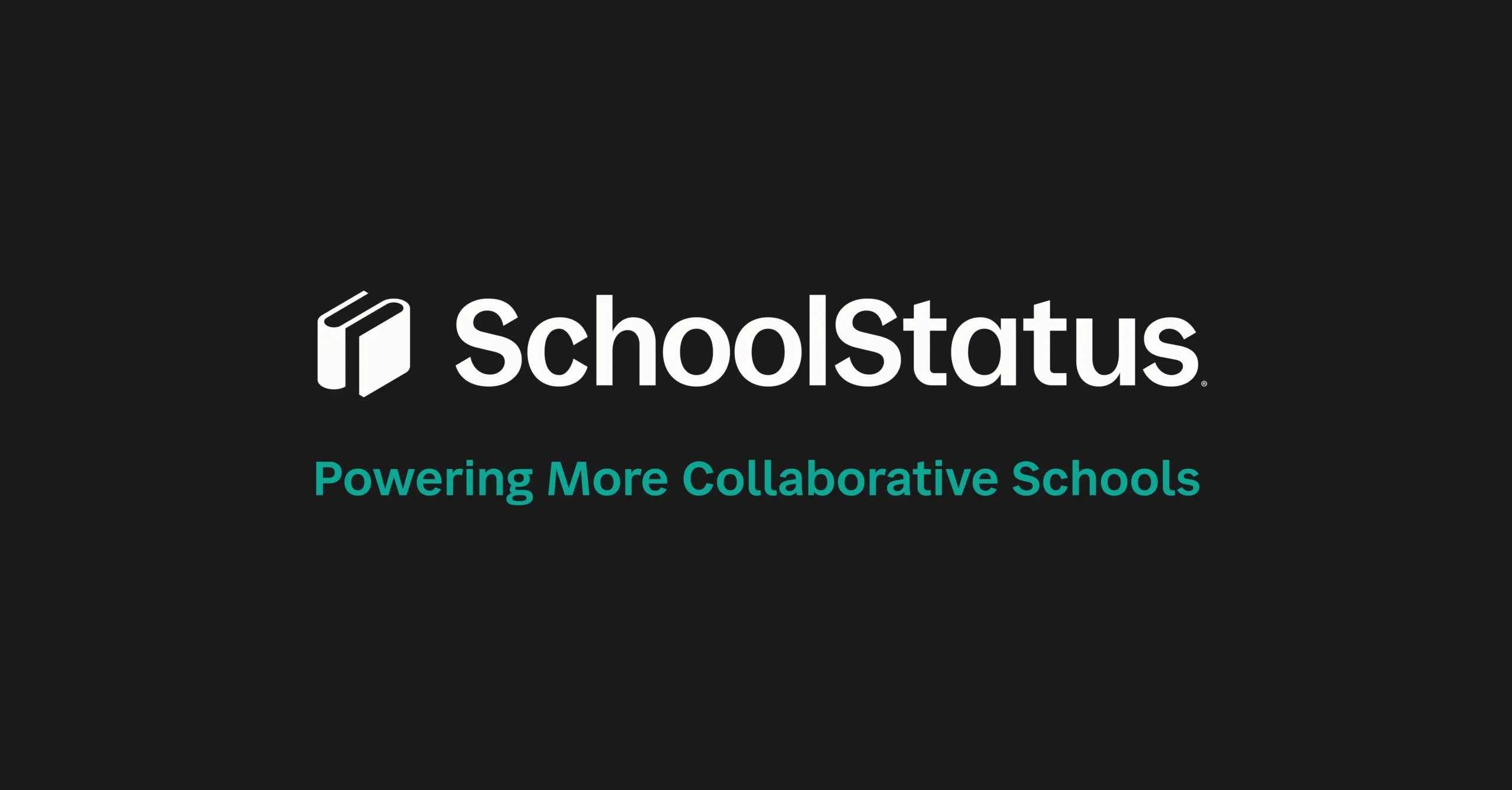Months after its publication, Ben Stern’s EdSurge piece “Software Will Not Eat Education”continues to resonate and spur discussion amongst educators and technologists.
Ben was recently featured on the MOUSE blog, where he elaborated on his initial hypothesis that many of the issues in K-12 education are not technology-related—they are human and political issues.
All important problems are human problems. Software can help me better understand [students’] interests, or allow me to surface trends across their work, or allow me to connect with them outside of my 45-minute class period. But it cannot replace me, the teacher, in the most important part of the whole teaching process. . .
Software on its own, without legislative and infrastructural changes, isn’t about to resolve the disparate quality of education among all American schools entirely. Education reform will happen through policy and legislation first and foremost—would you trust a law written by IBM’s Watson? Would you trust Watson to teach your kids?
Ben also dove deeper into his statement that edtech companies need to narrow their focus, working to solve the real and specific problems that educators face on a daily basis:
. . . I see a lot of software that overreaches, that fails to address most teachers where they are today. There are some amazing, innovative teachers who speak at conferences and have huge Twitter followings. But these teachers are outliers. Just like we see a lot of startups coming out of Silicon Valley whose product only gains traction with the technology elite but never with the general public (and die accordingly), we see plenty of edtech built for the Twitter community, not for the more typical American classroom. Yet, the latter is exactly where edtech is needed and can help the most.
Finally, Ben elaborates on his most-talked-about suggestion—that edtech companies focus on innovation rather than disruption:
I’ll double down on my claim from my article that iterative, software-driven change in education is ambitious. . . I deeply believe that the company I work for, TeachBoost, is making a meaningful impact on schools using software. Streamlining educator effectiveness programs and taking something painful and unproductive (teacher evaluations) and turning them into opportunities for professional growth is innovative. But we’re not replacing instructional leaders; we’re empowering them. That’s innovation, not disruption.
Read the entire interview here and contribute to the discussion via twitter.










